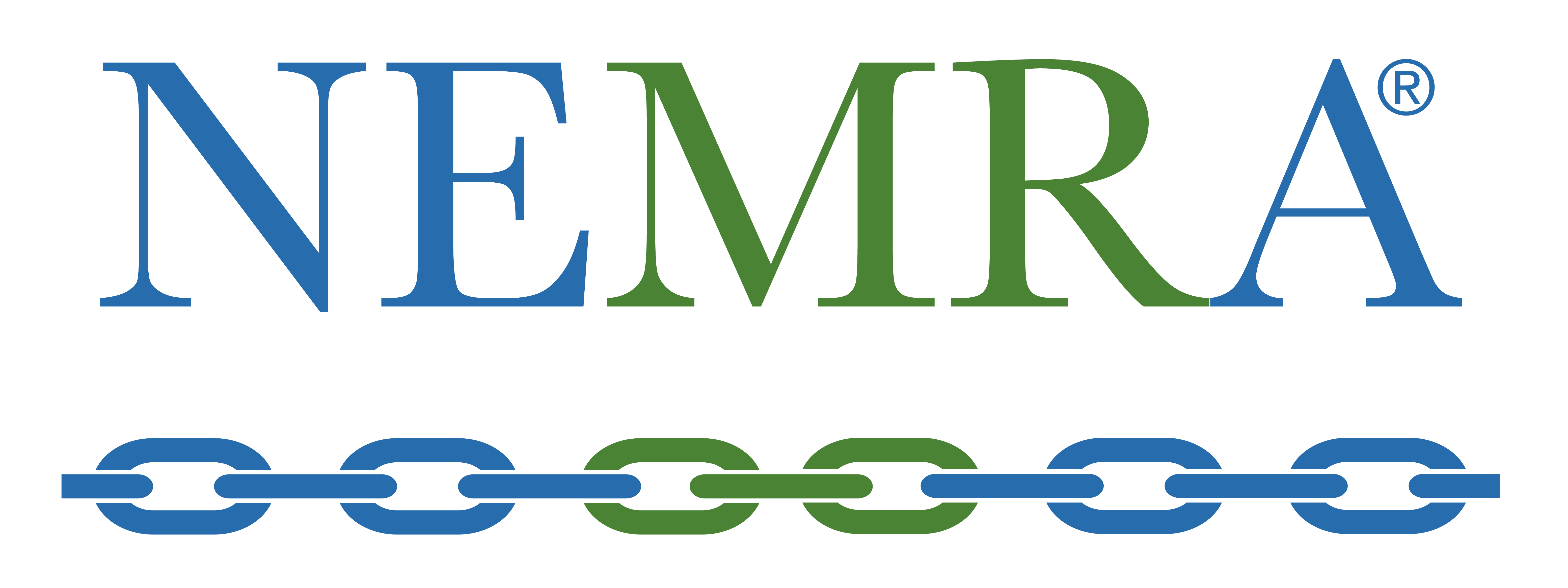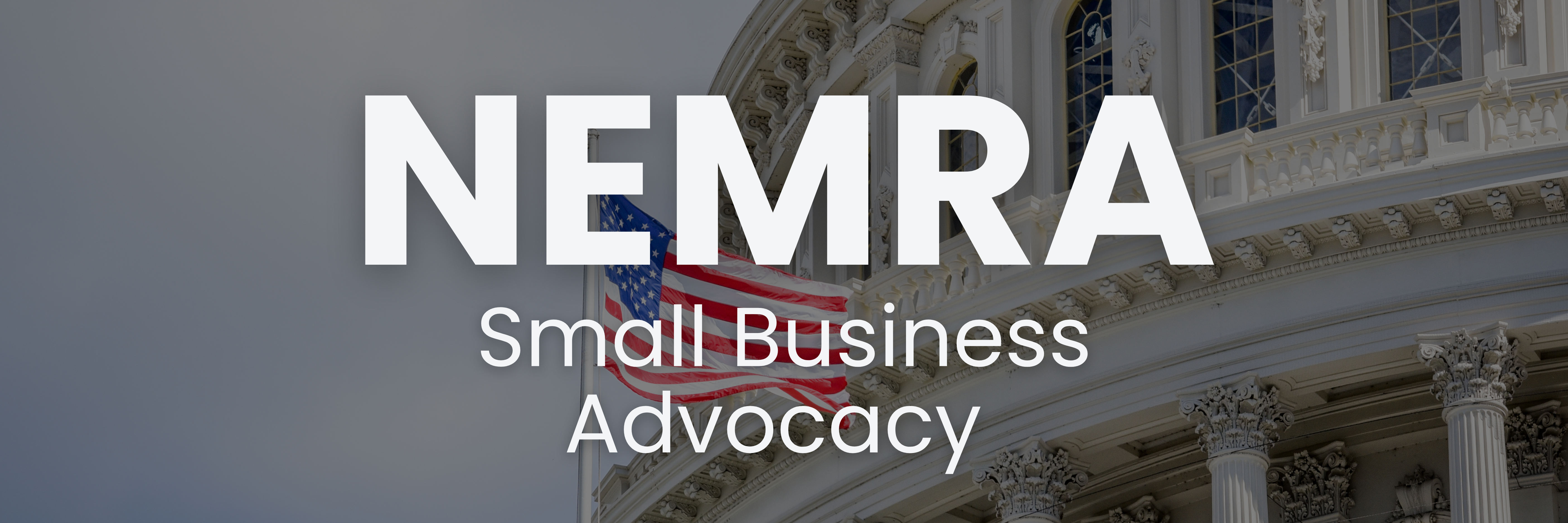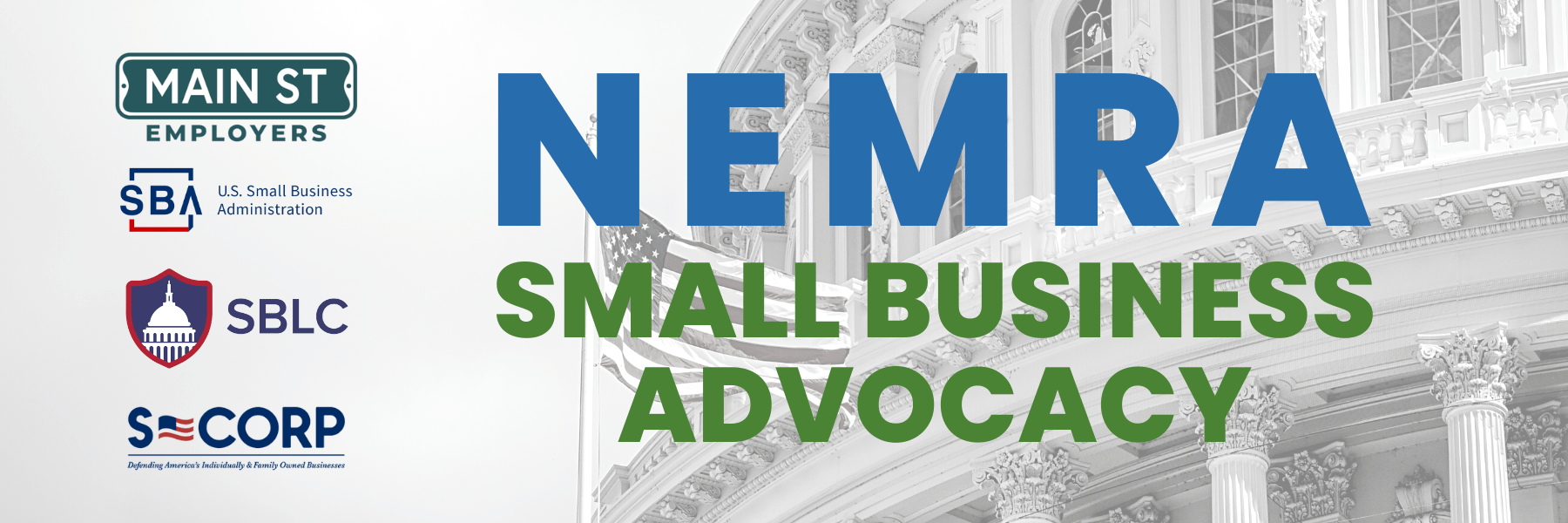SPECIAL EDITION #5: Trade Tidbits - Friday, April 25, 2025
ON DECK:
- Section 232 investigation of trucks announced; FR notice published for Section 232 critical minerals investigation; auto parts may get relief from Section 232 tariffs
- U.S., China continue the stalemate but both creak door open for some relief
- Various negotiations progress in various ways
- Various companies do various things due to tariffs
DISCLAIMER: The below is intended to inform, not to be construed as an official statement from the office of Rep. Yakym
Tidbits
232 Update
Dusting off the OG title of this newsletter, which was simply “232 Update,” since there are some updates spread across a few Section 232s.
First up, we got a new Section 232 investigation kinda out of left field – on Trucks. Federal Register notice is here. I haven’t seen the backstory on this one yet, but I guess the auto and auto parts investigation didn’t encompass everything? At any rate, the investigation was launched on April 22, it was published today, and comments are due May 16, giving a 21-day comment period. The investigation covers “imports of medium-duty trucks, heavy-duty trucks, and medium- and heavy-duty truck parts, and their derivatives.” (Flagging that word derivatives again)
We also got the Federal Register notice for the critical minerals investigation, which you can find here. It has the same dates as trucks – launched on April 22, it was published today, and comments are due May 16. I updated the tracker on comment period dates below, which further illustrates that these investigations are seemingly on a fast track. All these investigations can take up to 270 days (with the exception of that apparent 180-day deadline in the critical mineral Executive Order) but seem like they’ll be wrapped up sooner.
Initiated | Comments Due | Days | |
4/22/25 (announced 4/25/25) | 5/16/25 | 21 | |
4/22/25 (announced 4/25/25) | 5/16/25 | 21 | |
4/1/2025 (announced 4/16/2025) | 5/7/2025 | 21 | |
4/1/2025 (announced 4/16/2025) | 5/7/2025 | 21 | |
3/10/2025 | 4/1/2025 | 22 | |
3/10/2025 | 4/1/2025 | 22 | |
9/21/2021 | 11/12/2021 | 52 | |
5/28/2020 | 7/20/2020 | 53 | |
5/19/2020 | 7/10/2020 | 52 | |
5/11/2020 | 6/9/2020 | 29 | |
3/4/2019 | 4/22/2019 | 49 | |
7/25/2018 | 9/10/2018 | 47 | |
5/30/2018 | 6/22/2018 | 23 | |
4/26/2017 | 5/31/2017 | 35 | |
5/9/2017 | 6/29/2017 | 51 |
Finally, the Financial Times reported that the Trump Administration might give some leeway to the auto industry on the Section 232 tariffs, including by exempting auto parts from the IEEPA fentanyl tariffs and “destacking” them from steel and aluminum. However, President Donald Trump said in the Oval Office that he wasn’t considering changes to the auto tariffs – in fact, they could even go up for Canada. Mazda will halt production in Huntsville, AL effective May 12. The auto tariffs are also disrupting Renault’s plan to sell sports cars in the U.S.
Not Blinks, but Maybe Squints
China-to-U.S. container bookings are down 60% as the U.S.-China stalemate continues. And though both sides definitely have arms folded and mouths shut, some things here are starting to suggest a maybe softening possibly.
First, there was a WSJ article Wednesday floating the possibility that the U.S. could slash tariffs to 50-65% or tiering tariffs depending on the product in a bid to de-escalate. But the article cautions that cutting the tariffs to 50-65% may not have much of a practical difference, especially when you layer on the other tariffs that I assume would still be in effect (20% IEEPA fentanyl tariff + any applicable Section 301, AD/CVD, and baseline tariffs). But the article elicited denials from White House Press Secretary Karoline Leavitt and Treasury Secretary Scott Bessent, who both said there’d be no unilateral climbdown. Bessent reiterated, though, “I don’t think either side believes that the current tariff levels are sustainable, so I would not be surprised if they went down in a mutual way.”
China, however, wants the U.S. to “completely cancel all unilateral tariff measures” as a precondition for talks, with a Commerce Ministry spokesperson channeling a Chinese proverb, “He who tied the bell [on the tiger] should be the one to untie it.” The Chinese government is whipping up its netizens and trying to up its pain threshold. Buuuut it also may suspend its 125% tariff on some U.S. imports like medical equipment and chemicals.
China’s Finance Minister, Lan Fo’an, and Central Bank Governor, Pan Gongsheng, were in DC this week for IMF spring meetings. And while President Donald Trump said that they met with U.S. officials, China denied it as “fake news.”
In the meantime, Brazilian President Luiz Inacio Lula da Silva said he didn’t really want to have to choose between the U.S. and China. Japan said it doesn’t want to be part of an anti-China trade bloc. And China may lift some sanctions on Members of the European Parliament in a bid to revive trade talks.
And in the meanertime, agencies are trying to mitigate damage from China’s critical mineral export restrictions. China is delaying or blocking shipments of iPhone equipment to India as Apple seeks to shift some production to India. Boeing will retake planes from China as President Trump called on Boeing to default China for not taking delivery. Finally, the U.S. accepted China’s request for WTO consultations over the IEEPA reciprocal tariffs and further adjusted the China de minimis order.
Werk on Frameworks Comes into Frame
Before we take a spin through the various negotiations happening, it’s worth flagging Oval Office remarks by President Donald Trump Wednesday in which he said, “If we don’t have a deal with a company or a country, we’re going to set the tariff. We just set the tariff. It’s something that we think that will happen, I’d say, over the next couple of weeks.” What I interpret that to mean is if negotiations haven’t started with a country subject to IEEPA reciprocal tariffs (Annex I) or if negotiations aren’t making sufficient progress, the tariffs could be imposed. Could absolutely be wrong on that, but that’s how I interpret it. He also told Time deals could be announced “over the next three to four weeks.”
With that, let’s get into the various negotiations:
- Dominican Republic: Three economic ministers met with USTR Jamieson Greer to discuss reciprocal trade and opportunities for cooperation.
- The EU: Economy Commissioner Valdis Dombrovskis said the bloc won’t negotiate on value-added taxes (VATs) or ag subsidies. As the U.S. and EU feel each other out, the EU is working on trade deals with everyone else too. The EU also announced fines against Apple (€500 million) and Meta (€200 million) for violations of its Digital Markets Act (DMA), the first fines levied under the regulation. Meta labeled the fine a “tariff,” while a National Security Council spokesperson called them a “novel form of economic extortion” that “will not be tolerated by the United States.” France’s Finance Minister floated resurrecting Obama-era trade talks called the Transatlantic Trade and Investment Partnership (TTIP), which France had opposed at the time.
- India: An agreement in principle could be close, unless it isn’t. Either way, India may offer to cut tariffs on high-end motorcycles and some auto parts to zero.
- Japan: President Trump today said that a deal with Japan is “very close.” Per a translation of this article, lead negotiator Ryosei Akazawa is making plans for a second round of negotiations next week from April 30 to May 2. Finance Minister Katsunobu Kato met with Treasury Secretary Scott Bessent. Kato said currency targets didn’t come up as Bessent himself said before the talks that the U.S. didn’t have specific targets in mind. However, current and former Japanese officials told Bloomberg the country isn’t particularly interested in joining an economic bloc aligned against China.
- Malaysia: Trade Minister Zafrul Aziz visited DC this week, meeting with Commerce Secretary Howard Lutnick and USTR Jamieson Greer. Per X’s translate function, negotiations will cover the trade deficit, non-tariff barriers, technological security, and potential bilateral trade agreements. Aziz also met think tanks, Google
- Mexico: Finance Secretary Edgar Amador Zamora met with Treasury Secretary Scott Bessent, which included a discussion of “the United States’ willingness to support Mexico’s development of a national-security focused investment screening mechanism.”
- Norway: Prime Minister Jonas Gahr Store visited President Trump at the White House. Trump said he expects to get a trade deal done.
- The Philippines: Trade Secretary Cristina Roque will travel to April 28 to May 2 and said that ag products are on the table.
- South Africa: President Cyril Ramaphosa spoke with President Trump on the phone about Ukraine but also agreed to meet in person soon to discuss “various matters” in the bilateral relationship.
- South Korea: Finance Minister Choi Sang-mok and Industry Minister Ahn Duk-geun met with Treasury Secretary Scott Bessent and USTR Jamieson Greer yesterday. Bessent said the talks were “very successful” and “may be moving faster than I thought.” Greer and Ahn will set up working groups on technical and sectoral issues with a goal of a memorandum of understanding as soon as next week. Choi said his country’s goal is “measured and orderly” negotiations but with a goal of “tangible progress” by the July 8 deadline (a June presidential election may preclude something sooner than that). Greer will also travel to South Korea next month for an APEC meeting as well. South Korea wants defense to be separate from trade talks, and it sounds like currency talks may be separate too.
- Switzerland: President Karin Keller-Sutter said her country was among 15 conducting “privileged” trade negotiations.
- The UK: Chancellor of the Exchequer Rachel Reeves said food standards, digital services, and auto standards are off the table as she prepared to meet with Treasury Secretary Scott Bessent. The UK is also looking at its de minimis policies.
- Vietnam: Trade Minister Nguyen Hong Dien met virtually with USTR Jamieson Greer to discuss next steps in trade talks, directing their staff to engage in technical discussions on market access and unfair trade practices. Vietnam Airlines and Vietcombank announced a financing deal for the purchase of 50 aircraft, which could pave the way for the country to follow through on a 2023 promise to buy 50 Boeing planes. The country may also buy F-16s.
Biz Buzz
And, as always, let’s tick through what various companies and industries are doing.
Tariffs have been mentioned on 90% of Q1 earnings calls (with the important caveat that only a fifth of S&P 500 blue-chip stocks had held their calls as of Tuesday). The call President Donald Trump had with Walmart, Target, and Home Depot earlier this week reportedly had an impact as their warning about empty shelves softened his rhetoric. Trucking volumes are approaching COVID-level lows.
Roche pledged to invest $50 billion the U.S. over the next five years. Sanofi may consider more investments in the U.S. too. Merck is bracing for a $200 million hit from tariffs. Toyota will invest $88 million in a West Virginia plant. American Airlines said it doesn’t plan on paying tariffs on the new Airbus aircraft it’s due to receive at the end of the year. Makers of steel cans are bracing since the Section 232 steel tariffs pushed steelmakers to make higher-margin steel. The Peterson Institute examined the impact of tariffs on musical instruments.
Quick Hits
- The Senate Finance Committee will hold a nomination hearing next Wednesday to consider the nomination of Rodney Scott to be CBP Commissioner
- The head of CBP’s Office of Trade Relations was asked to resign
- The Court of International Trade (CIT) declined to issue an injunction halting the IEEPA reciprocal/universal tariffs in the case brought by the Liberty Justice Center as those tariffs drew another legal challenge from Democratic Attorneys General bring the total number of cases to six
- USTR highlighted ten unfair digital trade practices, targeting barriers put up by the EU, South Korea, Australia, and Canada, as well as digital services taxes imposed by France, Canada, Austria, Italy, Spain, Turkey, and the UK
- USTR highlighted bipartisan praise for its Section 301 China shipbuilding action
- Norwegian auto carrier Hoegh Autoliners said the Section 301 shipbuilding fees could cost it as much as $70 million
- Rep. Mike Lawler (R-NY) said that Congress should step in if the tariffs drag on
- The Secretary General of the African Continental Free Trade Area told CNBC Africa that the 10% IEEPA universal tariff effectively “nullifies” the African Growth and Opportunity Act (AGOA)



